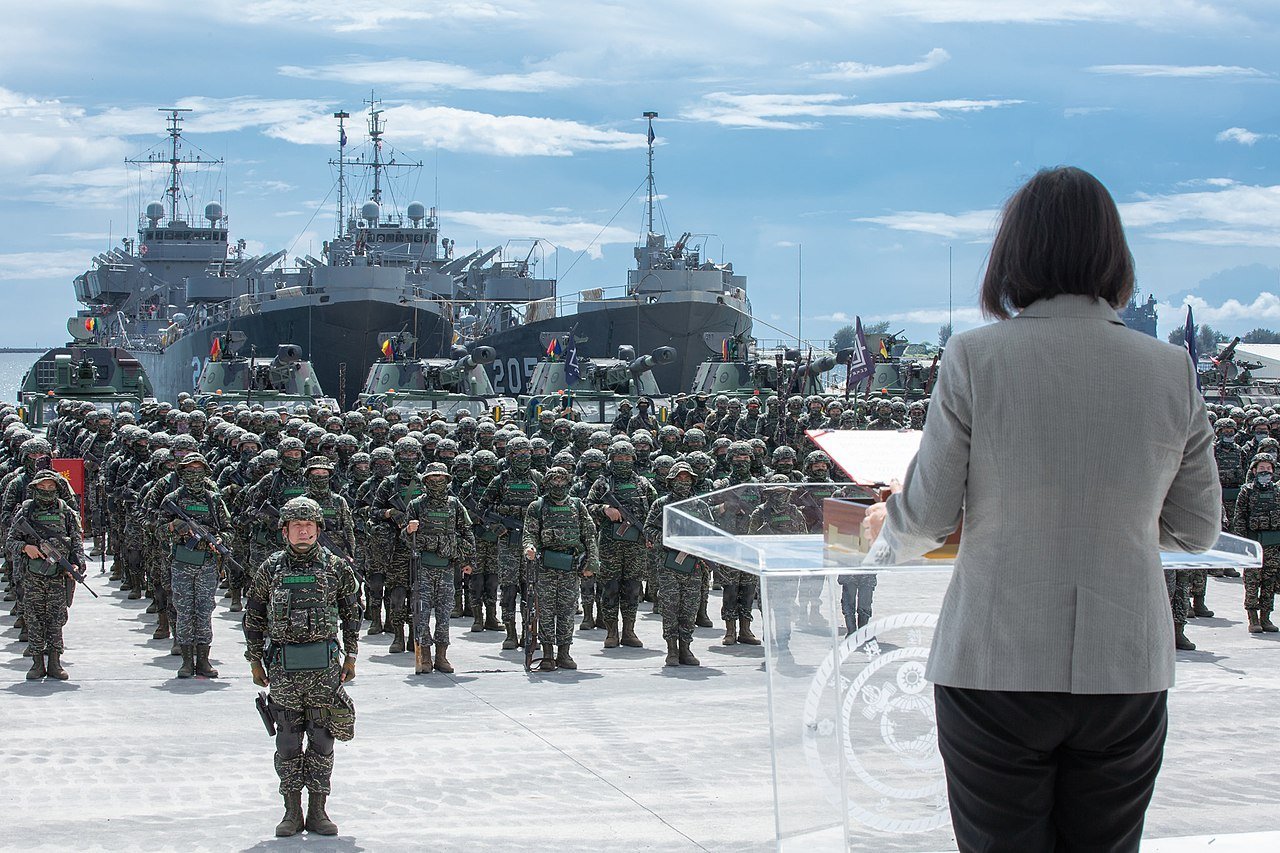Story at a glance…
-
Hundreds of classified Pentagon documents were recently leaked, including several related to America’s antagonism toward China.
-
They show Taiwanese military could be significantly unprepared for a Chinese air attack.
-
Others show that the Pentagon was aware of several other Chinese spy balloons, meaning they allowed Congress to become outraged after the recent spy-balloon scandal.
VARESE, Italy. April 17th, 2023. In a series of images taken of a few hundred Top Secret and Sensitive Pentagon documents that were leaked to the world in April via a gaming chatroom called Discord, information on US military operations in Ukraine, as well as intelligence collection on allies and adversaries alike, began making headlines after publication on The Washington Post.
The Pentagon’s reactions demonstrate the majority of the documents, which were photographed in the leaker’s home rather than being scanned, are probably authentic. Among the revelations were that the US was spying on South Korean allies, that the US-backed Sisi regime in Egypt was selling weapons to Russia, and that there were US and UK special operations forces on the ground in Ukraine.
The leaker was a 21-year-old member of the Massachusetts Air National Guard and had a role in cyber-security, as well as a Top-Secret clearance level.
But what do the Discord Leaks reveal about the adversarial relationship between the US and China?
For starters, and most critically, the leaks included Pentagon assessments which ruled that Taiwan’s ability to defend its airspace in the event of a Chinese invasion or to respond appropriately to missile and air attacks was inadequate.
Major problems included in the assessments were the week-long effort needed for Taiwan to move its warplanes into shelters in the case of missile attacks, the number of “fully mission capable” air assets amounting to only 50% of the total force, and Taiwan’s ability to “accurately detect missile launches”.
Furthermore, US spy agencies report that China’s use of civilian vessels for military purposes has eroded their ability to detect a pending invasion, and that Taiwan’s current defense doctrine about firing two intercepting weapons for every one Chinese missile “would be strained under high-volume PLA fires”.
Troubling trendlines
In 2021, WaL reported on the capabilities of Taiwan’s enlisted forces in light of the then-recent collapse of the Afghanistan national government in Kabul. For example, staffing issues place the personnel of the front-line Taiwan forces at 60% capacity, with operational staff positions at 80%.
The Taipei Times found that, “apathetic toward the military and averse to service, young Taiwanese question the idea of national defense as duty, complicating plans for an all-volunteer force”. The Times would add a quote from one soldier who said “my time in the army was a complete waste, I wish I could get those four months back”.
Another soldier, looking towards the big picture said “what use are Marines against China’s economic power? How are our tanks and planes supposed to fight their renminbi?”
The Discord leaks jive with what national news had already begun publicizing: that Taipei is allowing the US to spend for its protection, which has leaders convinced of the ability to mount an ardent defense, but that this convincing hasn’t taken hold in the rank-and-file.
The Taiwan assessments in the leaks also poke holes in Taipei’s strategy of conserving striking assets for more critical targets later on in a potential war, also saying that the overall air defense system lacks a “common operating picture,” and even secure radio connections to coordinate potential counterstrikes on the 40 Chinese bases in striking range of the island.
The assessment even notes that Taiwanese officers might be hesitant to launch counterattack capabilities for fear of violating Taipei’s self-defense restrictions.
The Post points out that the People’s Liberation Army hasn’t fought a modern conflict since 1970, which poses a huge risk of mistakes and miscalculations in planning something as complex as an amphibious invasion. One defense analyst said there was “no situation under which Taiwan can defend itself without direct military intervention from the United States”.
Another of the Discord Leaks that really should have directed more public criticism towards the Pentagon were surveillance slides that show how US civilian-military authorities were aware of at least 2 other Chinese spy balloons many months before news outlets picked up on the one which Biden eventually shot down in February of this year.




